Property taxes in Cyprus: Full guide for Americans
Want to learn about property taxes in Cyprus? This guide covers types of property taxes and how they are calculated to help you navigate the process.

New Zealand draws Americans with its stunning landscapes, relaxed lifestyle, and reputation for safety and stability. This remote country comes with a slower pace of life, but at the same time, you'll be able to enjoy outdoor adventures almost year-round.
Moving to New Zealand from the USA is perfect for studying, working, or simply a change of scenery, but it's important to do your research first. This comprehensive guide covers visa options, living costs, housing, healthcare, and all the practical details you need to relocate successfully.
We'll also introduce Wise — your international money transfer alternative. Use Wise to send stress-free transfers to over 140 countries - all at the standard mid-market exchange rate.
| Table of contents |
|---|
New Zealand consists of two main islands with diverse climates and landscapes, from beaches to mountains. The country is known for its progressive politics, outdoor culture, and friendly locals.
| Capital | Wellington |
|---|---|
| Language | English and Māori |
| Population | 5.2 million¹ |
| Currency | New Zealand Dollar (NZD) |
| Government type | Parliamentary democracy |
| Religion | Predominantly Christian, with a growing secular population |
| Weather | Mild winters and warm summers |
| Tax treaty | Yes |
If you're just visiting New Zealand as a US citizen, you don't need a visa. You can use the New Zealand Electronic Travel Authority (NZeTA) to stay there for up to 3 months.²
However, if you want to permanently relocate to New Zealand, you need to get an appropriate visa.
A student visa allows you to study at a New Zealand educational institution for the duration of your course. You can work part-time while studying, typically up to 20 hours per week during term time and full-time during scheduled breaks.³
As a US citizen moving to New Zealand, you can use the student visa for all types of study, such as full degree programs at universities or shorter specialty courses.
There are also ways to stay in New Zealand after you finish studying, such as the Post-Study Work Visa, which can provide a pathway to longer-term residence.⁴
If you have a job offer from an accredited New Zealand employer, you can apply for a work visa. Your employer typically needs to show they couldn't find a suitable New Zealand worker for the role first.
There are also Green List roles, which are occupations that New Zealand specifically needs. These roles have streamlined visa processes and may lead to residence more quickly.
Green list occupations get updated from time to time, but as of September 2025, here are some industries that can qualify:⁵
- Engineering
- Construction
- Health and social services
- ICT, electronics, and communications
New Zealand Immigration identifies specific roles within each industry, such as ambulance paramedic and radiation oncologist for the health and social services category.
So, check if your profession is included on the list, and you may be a good candidate for permanent residency in New Zealand through work.
If you're aged 18 to 30 and an American citizen, you can apply for a working holiday visa.
This lets you work for up to 12 months in New Zealand, but you can't take a permanent job. You must be coming mainly to holiday, and work should be a secondary intention.
This visa is popular with young Americans who want to experience New Zealand, and it can be a great option if you want to take a gap year.
It's not a good option for moving from the USA to New Zealand permanently, though.
The Business Investor Visa will open for applications in November 2025, replacing the previous Entrepreneur Work Visa. This visa targets experienced investors who want to actively run businesses in New Zealand.
There are 2 investment options:
- Investing 1 million NZD in an existing business for a 3-year pathway to residence, or
- Investing 2 million NZD for a fast-track to residence within 12 months
To qualify, you must show you have at least 500,000 NZD to support yourself and your family while establishing your business, and invest in a business that employs at least 5 full-time equivalent staff.
You can either buy a business outright or acquire at least a 25% ownership stake.
Certain business types are excluded, including discount stores, businesses offering immigration advisory services, and franchises.
If you have a partner or other close family members, like a parent or child, in New Zealand, there are family visas available. These visas allow you to join your family member who is already a New Zealand citizen or resident.
For example, there's a parent retirement resident visa for people who have an adult child who's either a citizen or resident in New Zealand.
The cost of living in New Zealand isn't cheap, but it's more affordable than in many parts of the US.
As an American moving to New Zealand, you'll see that certain expenses are lower than what you're used to, and others are higher because of New Zealand's remote location and import costs.
Here's what to expect:
| Expense | Approximate cost (USD)⁸ |
|---|---|
| Meal at an inexpensive restaurant | 15 USD |
| Meal for 2 people at a mid-range restaurant | 77 USD |
| Apartment (1 bedroom) in the city centre | 1,102 USD |
| Apartment (3 bedrooms) in the city centre | 1,761 USD |
| Basic utilities | 137 USD |
| Internet | 51 USD |
| Phone plan | 34 USD |
| International school (yearly for 1 child) | 11,461 USD |
| Toyota Corolla Sedan (or similar new car) | 21,332 |
Overall, if you're single, you can expect to spend approximately 1,023 USD every month, excluding rent. A family of 4 will need 3,687 USD on average for a modest but comfortable lifestyle, plus rent.⁸
Housing will likely be your biggest expense. City centers are more expensive, but you'll find cheaper options in suburban areas or smaller towns.
Utilities include electricity, heating, and water, but keep in mind that some houses in New Zealand don't have central heating or double glazing.⁹
New Zealand has an excellent public education system that's free for residents, so your children can attend quality local schools without cost.
However, some American expats choose international schools, which can add over 11,000 USD per year per child to your budget.⁸
You'll need a New Zealand bank account to manage your day-to-day expenses, pay rent, set up utilities, and receive salary payments. Most major banks in New Zealand offer accounts for newcomers, though the requirements can vary.
To open an account, you'll typically need to show proof that you're legally in New Zealand, such as your visa or residence permit. Banks also require identification, such as your passport, and proof of your New Zealand address.
Popular banks include ANZ, ASB, BNZ, Kiwibank, and Westpac.
As an American citizen, you must pay US taxes on your worldwide income regardless of where you live. Moving to New Zealand doesn't change this requirement.
You'll still need to file annual tax returns with the IRS.
However, New Zealand and the US have a tax treaty that helps prevent double taxation.¹⁰ This means you generally won't pay the full tax rate to both countries on the same income.
In other words, if you pay New Zealand taxes on your salary, you likely won't have to pay US taxes on that salary. However, it may be worth it to consult with a tax professional who understands both US and New Zealand tax laws.
Most Americans start by renting in New Zealand to get familiar with different areas and figure out what they like and what they don't like. Once you've settled into your New Zealand life, you may consider buying a home.
| 💡 Popular websites for finding rental properties include: |
|---|
Don't be surprised that rent in New Zealand is typically charged weekly rather than monthly, which is different from the US system.
When you first arrive, consider staying in an Airbnb for a few weeks to explore different neighborhoods and get a feel for where you'd like to live before committing to a long-term rental.
Expat Facebook groups in New Zealand can also be very helpful for finding accommodation.
New Zealand has both public and private healthcare options, and the quality of care is high.
If you're a permanent resident or on a long-term work visa, you can access the public healthcare system, which covers hospital stays without charge. However, you'll still pay fees for doctor visits, prescription medications, and some medical equipment.
To use public healthcare, you need to register with a local doctor (called a GP or general practitioner) and get a National Health Index (NHI) number.
Private healthcare is available if you want a faster service or more treatment options. Private hospitals often have shorter waiting times and may offer services that aren't available in the public system. You can get private health insurance to cover these costs.
New Zealand also has an interesting system called ACC (Accident Compensation Corporation) that covers all accident-related injuries for everyone in the country, regardless of who was at fault. This means if you're hurt in an accident, your medical treatment is always covered.⁹
Auckland is New Zealand's largest city and economic hub, so it's no wonder that many expats live there. New Zealand's job market is the strongest in Auckland, and you'll enjoy a multicultural atmosphere with lots of restaurants, shopping, and activities.
However, Auckland is also the most expensive city in New Zealand, with higher housing costs and traffic congestion.
Wellington is New Zealand's capital and cultural center, known for its arts scene and walkable downtown. The city sits around a beautiful harbor and has a strong café culture with excellent coffee, if that's something you're into.
Expat life in Wellington tends to be more relaxed and community-focused than in Auckland. The downside is fewer job opportunities, but in-demand Green list professionals will likely be able to find employment pretty easily.
Christchurch is New Zealand's largest city on the South Island. It's more affordable than Auckland or Wellington, but you'll still find good amenities and job opportunities. The city is close to both mountains and beaches, and the housing costs aren't as expensive as in other major cities.
New Zealand is one of the safest countries in the world. You can walk or bike around cities and towns without worry, and public transportation is reliable and secure. Crime rates are very low.
Police in New Zealand focus on community safety and helping people. Most police officers don't carry guns and are trained to de-escalate situations peacefully.⁹
New Zealand's political system is stable, and the country has a reputation for transparency and low corruption. Overall, you won't have to worry about your safety as an American in New Zealand.
Moving to New Zealand can be a great choice for Americans who want a better work-life balance, an outdoor lifestyle, and a safer environment. You'll find a lot of natural beauty and a high quality of life, which can feel refreshing when compared to many American cities.
The most popular ways to move to New Zealand are through work visas (especially for in-demand Green list occupations) or student visas, which can lead to future work opportunities.
However, there are also a couple of other options available, such as the working holiday visas for younger Americans.
| Wise can help you get a better deal on currency conversion. You can convert over 40 currencies at the standard mid-market exchange rate, and we'll show you the fees upfront so you know exactly how much you're paying. |
|---|
Get a Wise Account
in minutes 💰
Sources
Sources checked 09/19/2025
*Please see terms of use and product availability for your region or visit Wise fees and pricing for the most up to date pricing and fee information.
This publication is provided for general information purposes and does not constitute legal, tax or other professional advice from Wise Payments Limited or its subsidiaries and its affiliates, and it is not intended as a substitute for obtaining advice from a financial advisor or any other professional.
We make no representations, warranties or guarantees, whether expressed or implied, that the content in the publication is accurate, complete or up to date.
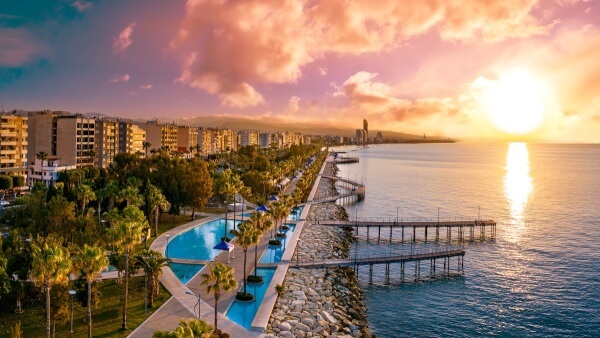
Want to learn about property taxes in Cyprus? This guide covers types of property taxes and how they are calculated to help you navigate the process.
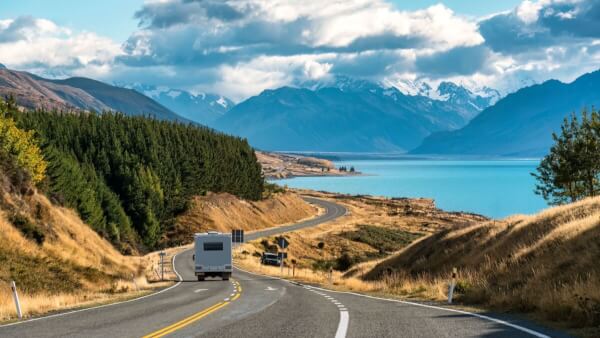
Thinking about moving to New Zealand? Find out what you need to know about renting in New Zealand in this guide.
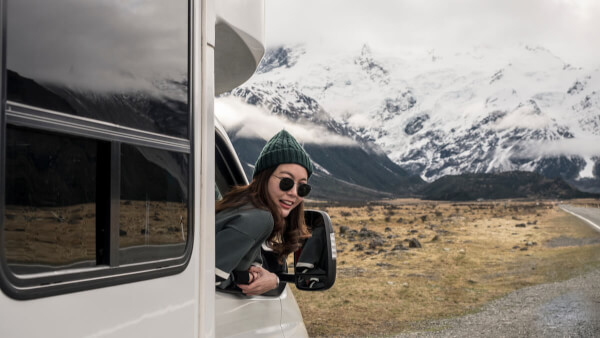
Is it expensive to live in New Zealand? Find the answer to this and more cost of living in New Zealand questions in this handy article.
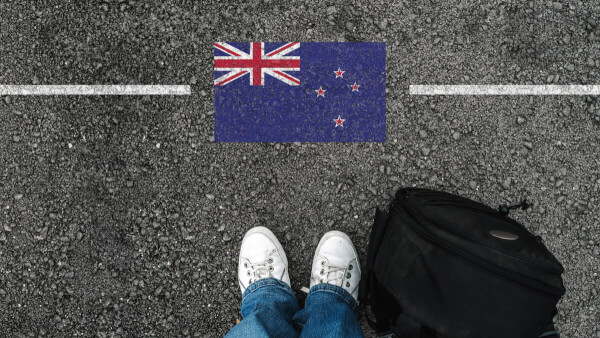
Everything you need to know about getting a New Zealand work visa.
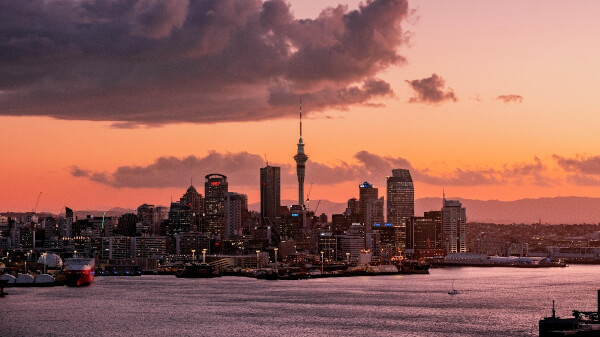
A handy guide for understanding the job options in New Zealand for foreigners and expats.
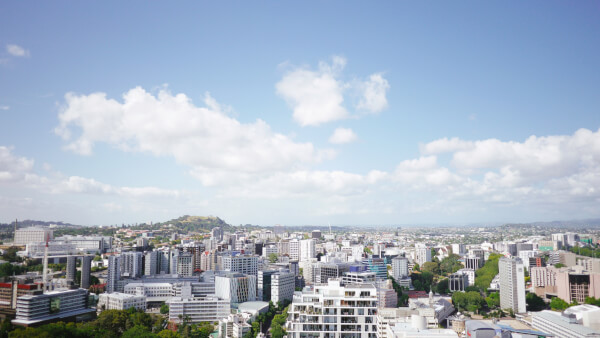
New Zealand is a dream vacation destination for many of us, whether you want to visit its quirky yet culturally rich cities or seek solitude in the country’s...